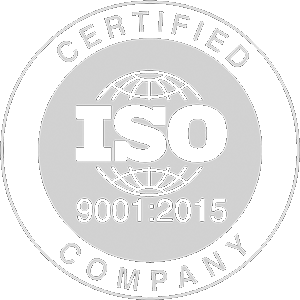“Halar” is a brand name for a type of thermoplastic known as Ethylene Chlorotrifluoroethylene (ECTFE). It is produced by Solvay Specialty Polymers and is recognized for its exceptional chemical resistance, thermal stability, and mechanical properties. Halar is commonly used in applications that require resistance to aggressive chemicals and environments.
- Chemical Resistance: Halar materials are highly resistant to a wide range of aggressive chemicals, acids, bases, and solvents, making them suitable for applications in chemically harsh environments.
- Thermal Stability: Halar offers good thermal stability, maintaining its properties at elevated temperatures up to around 302°F.
- Mechanical Strength: Halar has good mechanical strength, toughness, and impact resistance, contributing to its durability in various applications.
- Electrical Insulation: Halar serves as an effective electrical insulator, making it suitable for applications requiring electrical insulation and thermal stability.
- Low Permeability: Halar exhibits low permeability to gases and liquids, making it suitable for applications where maintaining a barrier is crucial.
- Flame Resistance: Halar materials are inherently flame-resistant and self-extinguishing, making them suitable for applications with fire safety requirements.
- Chemical Processing Equipment: Halar is used in chemical processing equipment such as pipes, tanks, and vessels due to its exceptional chemical resistance and durability.
- Valve Components: Halar is employed in valve seats, seals, and diaphragms due to its chemical resistance and ability to maintain reliable seals.
- Electroplating Industry: Halar is used in tanks, linings, and fixtures for electroplating processes due to its resistance to chemicals and high-purity requirements.
- Semiconductor Industry: Halar is used in semiconductor manufacturing for applications that require chemical resistance and low outgassing properties.
- Lining and Coating Applications: Halar is utilized as a lining or coating for surfaces exposed to aggressive chemicals, such as tanks, vessels, and pipes.
- Water Treatment: Halar is used in water treatment applications for its chemical resistance, low permeability, and suitability for contact with potable water.
